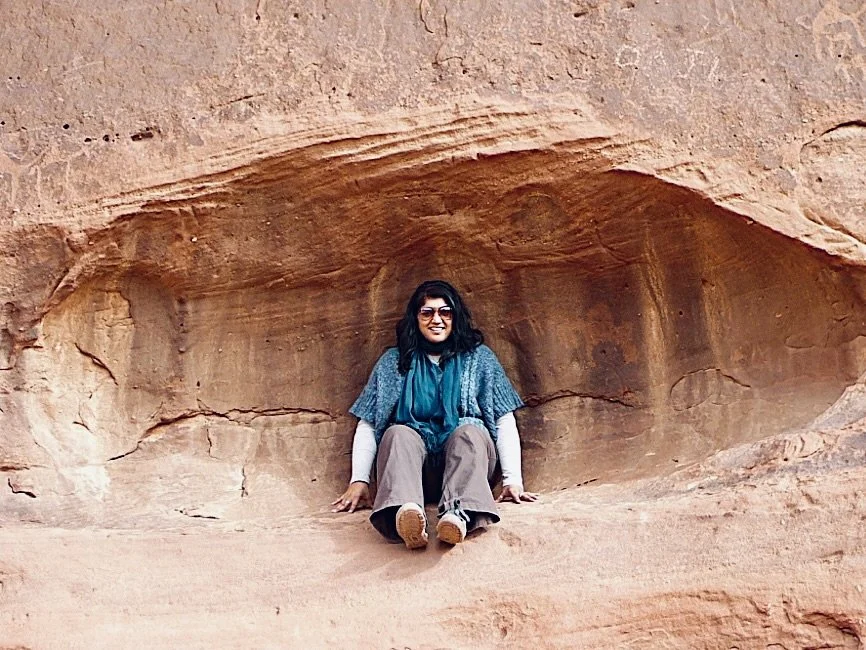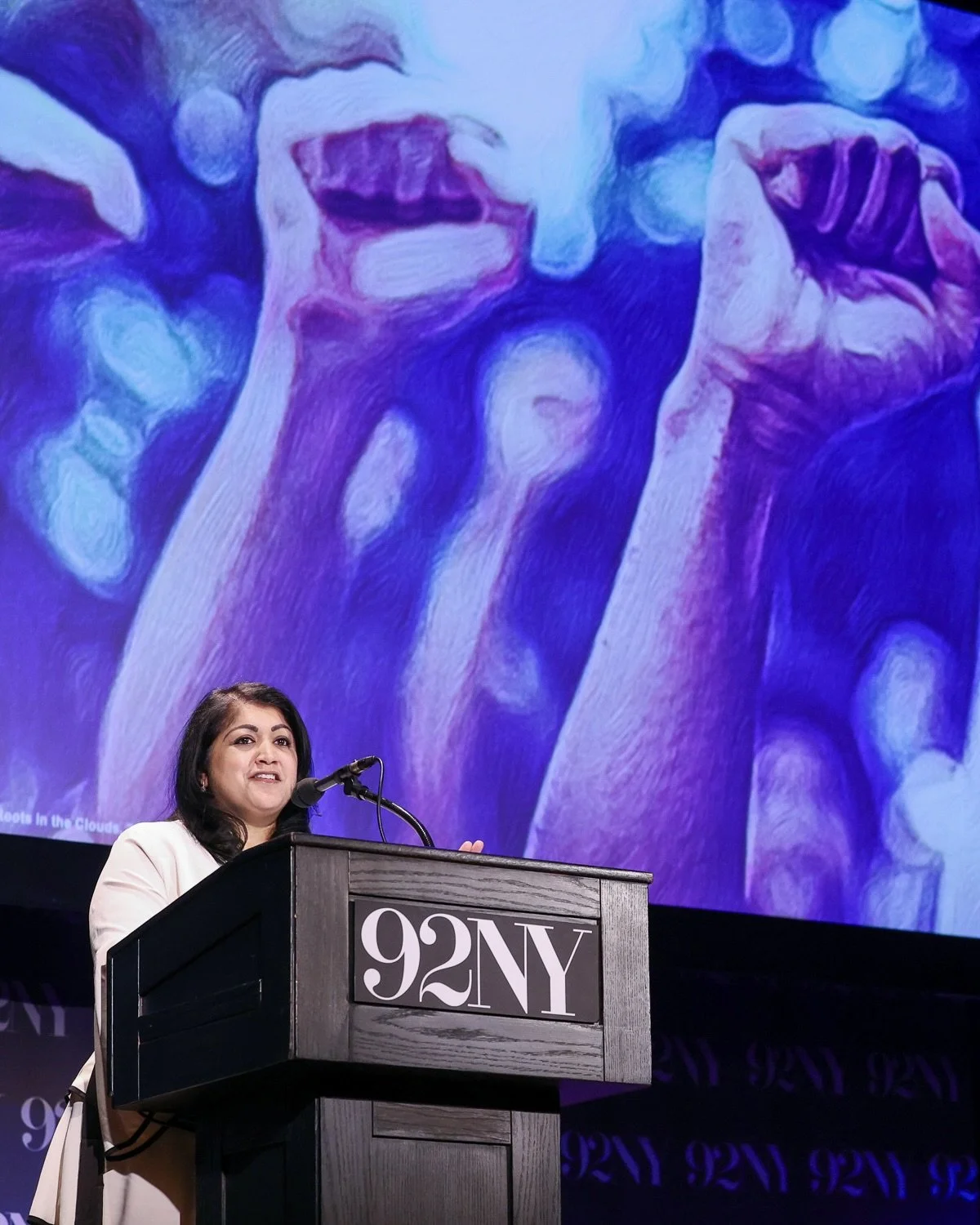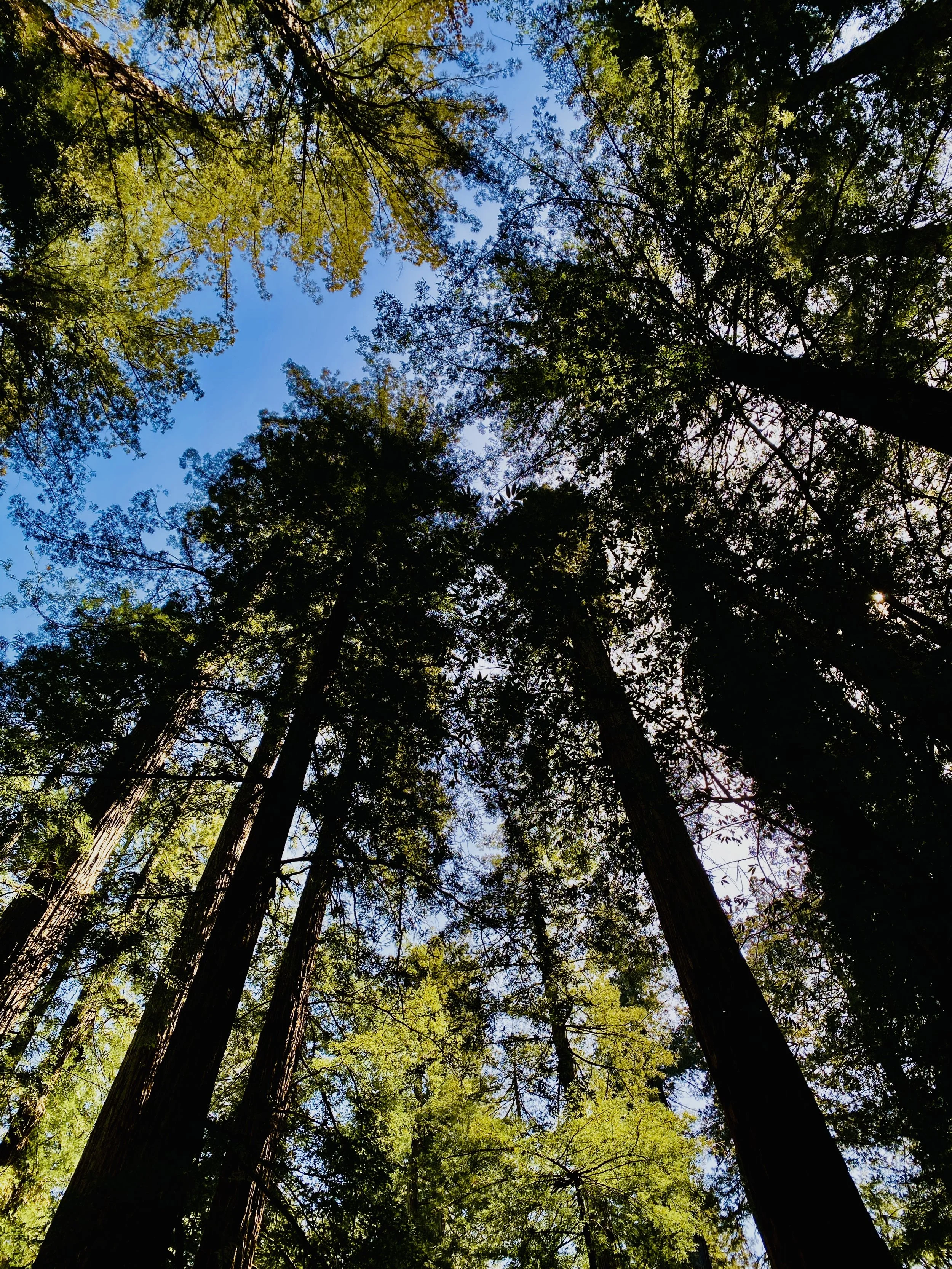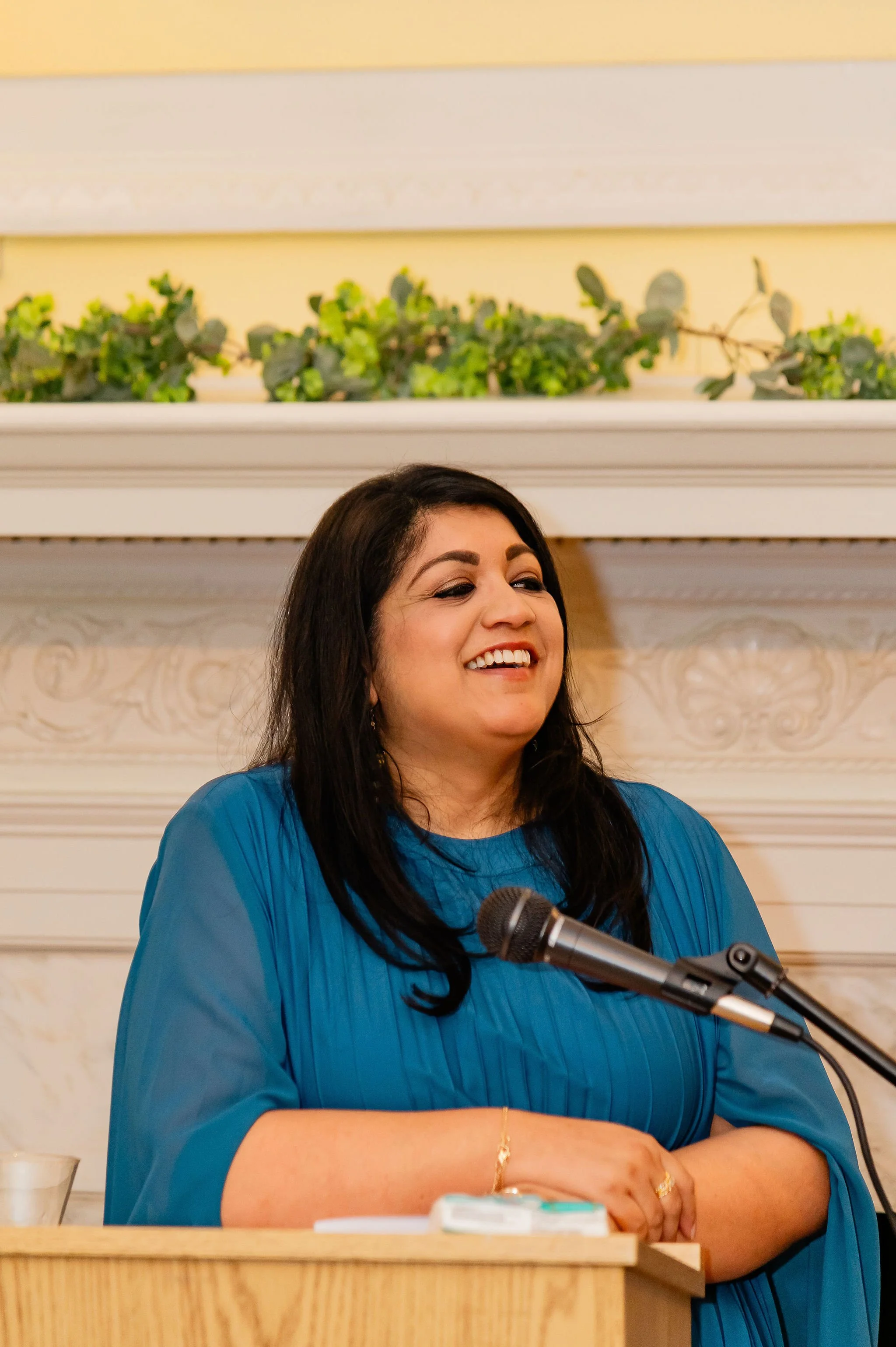
about
the days of expecting people to sacrifice their humanity for the mission are ending.
You've dedicated your life to serving others—working inside systems of immigration, justice, healthcare, education, humanitarian aid and development. You believed in the mission. You trusted the process. You thought you could be part of the solution.
But somewhere along the way, the work started to feel like it was breaking you. Not just burning you out—actually asking you to betray the very values that brought you to this work in the first place.
You've been carrying trauma not just from what you've witnessed, but from what you've been forced to participate in. From staying silent when you should have spoken up. From following policies that harm the people you're meant to help. From working inside systems that celebrate beautiful mission statements while creating the conditions for vicarious trauma, moral injury, and compassion fatigue to take hold.
This isn't about you not being resilient enough. This is about systems that were never designed to honor the full humanity you bring to this work.
I know this because I lived it for almost two decades. And what I've learned is that the most radical thing we can do isn't to burn these systems down—it's to practice what I call moral imagination: the ability to hold both pain and possibility as we reclaim our humanity within systems designed to erase it.
For close to twenty years, I worked at the crossroads of government and humanitarian sectors — adjudicating asylum claims, leading refugee operations across multiple countries, managing staff through some of the most politically charged and morally complex work in federal service. I believed in the mission. I trusted the process. And I thought, for a long time, that if I worked hard enough and cared deeply enough, I could be part of making it better.
What I came to understand slowly, and then all at once, was that the exhaustion, the moral injury, the institutional betrayal — these weren't failures of the system. They were the system functioning as designed. The mission statements celebrated dignity and care while the structures demanded compliance, silence, and the compartmentalization of conscience. The people most committed to the work were precisely the ones most vulnerable to being broken by it — because they had the most to lose when the gap between mission and reality became impossible to ignore.
The breaking point, for me, came when the work became politicized in ways that asked me to take actions that violated the values that had brought me there in the first place. I wasn't just witnessing harm anymore. I was being asked to participate in it.
What emerged from that rupture wasn't immediate clarity. It was grief, and disorientation, and the slow, difficult work of asking questions I had never thought to ask before: Who am I when I am not defined by this institution? What do I actually believe? What does it look like to stay connected to my values inside a system that has revealed exactly what it values?
Ultimately I left federal service in 2021, but I never left the work of serving.
Now I serve the people who are still inside those systems and trying to stay whole. With people who have left and are trying to find their footing. With organizations ready to stop asking their people to absorb collective harm individually and willing to do something structurally different instead.
What I've built since then — through coaching, consulting, collective care circles, writing, and speaking — is grounded in what I learned on both sides of that threshold: that the wounds mission-driven work creates require more than individual healing to address. That story-healing — the practice of naming what happened, unlearning what systems taught us about our worth, and rebuilding from our actual values rather than our conditioning — is both a personal and a collective act. That moral imagination, the capacity to hold grief and possibility together without collapsing into either, is not a gift some people have and others don't. It is a practice. And it can be cultivated, in community, over time.
I now partner with leaders and organizations in government, humanitarian, and nonprofit sectors who are navigating moral injury, institutional betrayal, and the particular grief that comes from realizing that the systems you dedicated your life to were never designed to honor your full humanity.
Because of the sacred nature of this work, I’ve chosen to root it in spiritual ecology — the understanding that healing, like all living things, happens in relationship, seasons, and cycles. That sometimes we have to break open to makes space for something new. That our wounds, tended with honesty and care and community, can become fertile ground from which something more honest can grown and flourish.
I don't believe in quick fixes or resolution. I believe in practice. In the slow, deliberate, renewable work of staying rooted in what matters — of refusing, again and again, to let systems designed to extract our humanity actually take it.
That refusal is, I think, one of the most important things any of us can do right now.
Dimple Dhabalia, JD | ICF ACC
Dimple Dhabalia is a leadership coach, consultant, speaker, author, and founder of Roots in the Clouds, a coaching and consulting practice for sustainable service in the face of moral injury, institutional betrayal, and vicarious trauma in mission-driven sectors. Drawing on nearly two decades of federal service — including work on some of the most complex human-centered challenges in global migration and asylum operations — Dimple brings together lived experience, clinical grounding, and creative practice in her work with leaders and organizations navigating an era of global polycrisis.
Through coaching, consulting, facilitation, and collective care, Dimple partners with leaders and organizations in government, humanitarian, and nonprofit sectors to build the psychological safety, relational trust, and moral imagination required to lead with integrity, without losing themselves to systemic pressures in the process. Dimple’s approach is rooted in story-healing and regenerative leadership—creating conditions that support an ongoing rebuilding of leaders’ moral and spiritual capacity, rather than simply learning to survive within systems that were never designed to sustain them. Drawing from neuroscience, positive psychology, spiritual ecology, and mindful performance, this practice creates pathways for leaders and their teams to move from reactive patterns to values-aligned, sustainable service.
Dimple is an ICF-accredited executive coach, licensed attorney (J.D., University of Denver College of Law), writer, and public intellectual whose work has been featured in a number of media outlets including the Stanford Social Innovation Review, Fast Company, CEO World Magazine, and the Federal News Network. Her first book Tell Me My Story: Challenging the Narrative of Service Before Self (Ambika Media, 2024) was named a Distinguished Favorite by both the 2024 NYC Big Book Award and the 2025 Independent Press Award. Dimple is also the creator and host of two podcasts, Service Without Sacrifice, a limited-series companion to her book, and What Would Ted Lasso Do?, exploring life and leadership through the lens of the beloved TV series.

“I’ve spent the majority of my career traveling around the world and
what I’ve learned is that irrespective of geographic location or perceived
differences - our desire to be seen and celebrated, to feel valued
and connected to purpose, and to be treated with dignity and respect
as part of a shared and common humanity.”
- Dimple Dhabalia
William Jewell College 2021 Achievement Day Remarks
experience + credentials
professional certifications
Certified in mindfulness-based performance (m-PEAK), applied positive psychology (C.A.P.P), International Coaching Federation (ICF) standards, and Workhuman workplace culture design.
leadership
Founding member of The TORCH Collective (Trauma and Organizational Resilience Consulting and Healing). Creator of the Daring Leaders Project, the first mindfulness-based leadership development program within the federal government.
speaking + media
International keynote speaker with recent engagements in Geneva, London, and across North America. Featured in 25+ podcasts and major publications including Stanford Social Innovation Review, Fast Company, and CEO World Magazine.
honors + recognition
William Jewell College Citation of Achievement (2021), US Citizenship and Immigration Services Director's Awards for Pillar of Leadership, Mentor of the Year, and Innovator of the Year (2020-2021).






